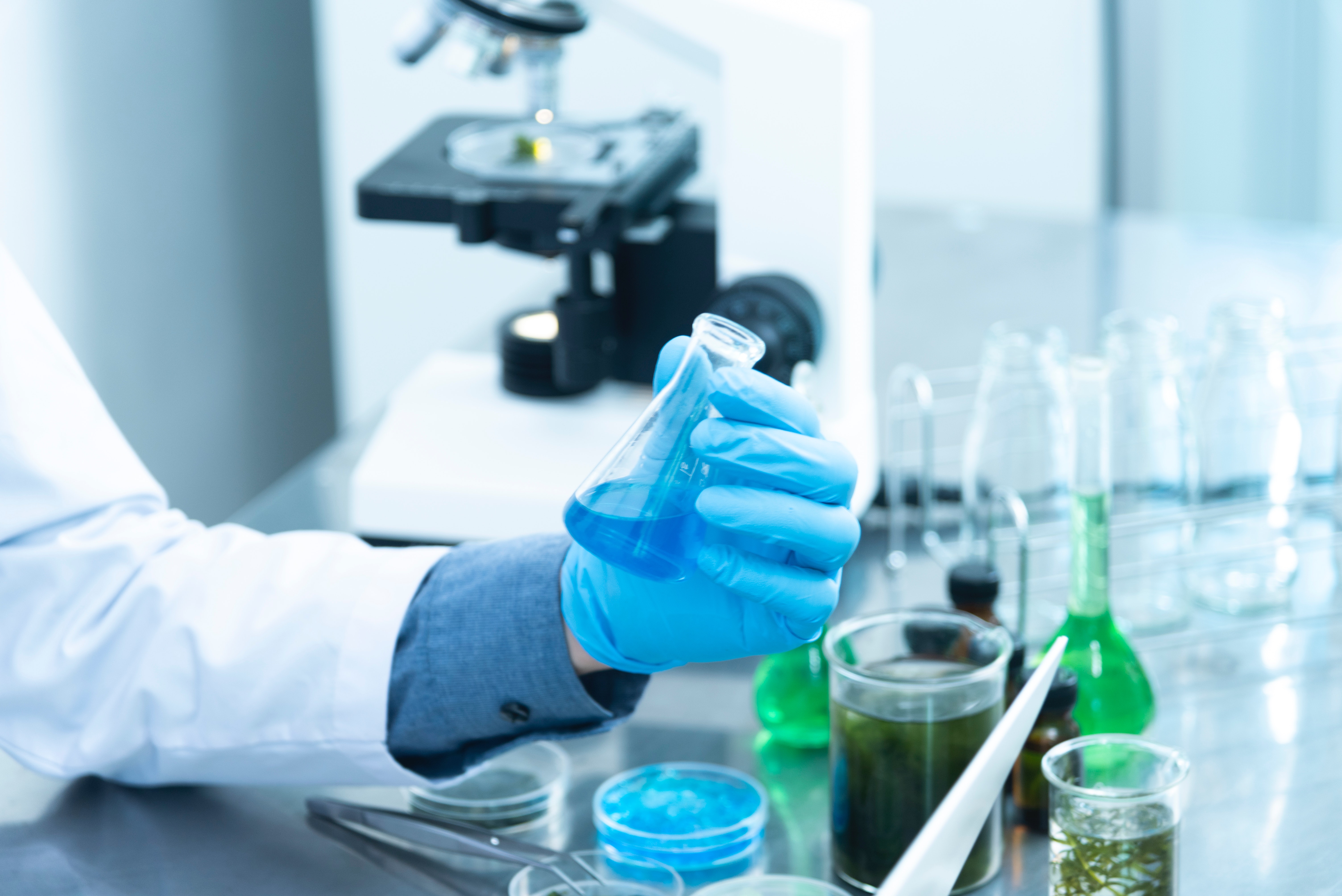Life Sciences Research Cluster
Research activities in the field of life sciences are largely based on the competences of the study programmes Biotechnology, Food Technology, Medical Technology and Physician Assistant. Close cooperation is maintained with the Alfred Wegener Institute for Polar and Marine Research (AWI), among others through three cooperative professorships, so that research focuses on marine chemistry, marine microbiology, fisheries biology, algae biotechnology and aquaculture.
Furthermore, there are research activities in the areas of bioanalytics, bioinformatics, molecular biology, toxicology, food microbiology, bakery and cereal technology, meat and fish technology, packaging technology and residual flow processing. The focus here is on application-oriented research through cooperation with the Technology Transfer Centre (ttz Bremerhaven), as well as relevant third-party funding providers and local entrepreneurs.
